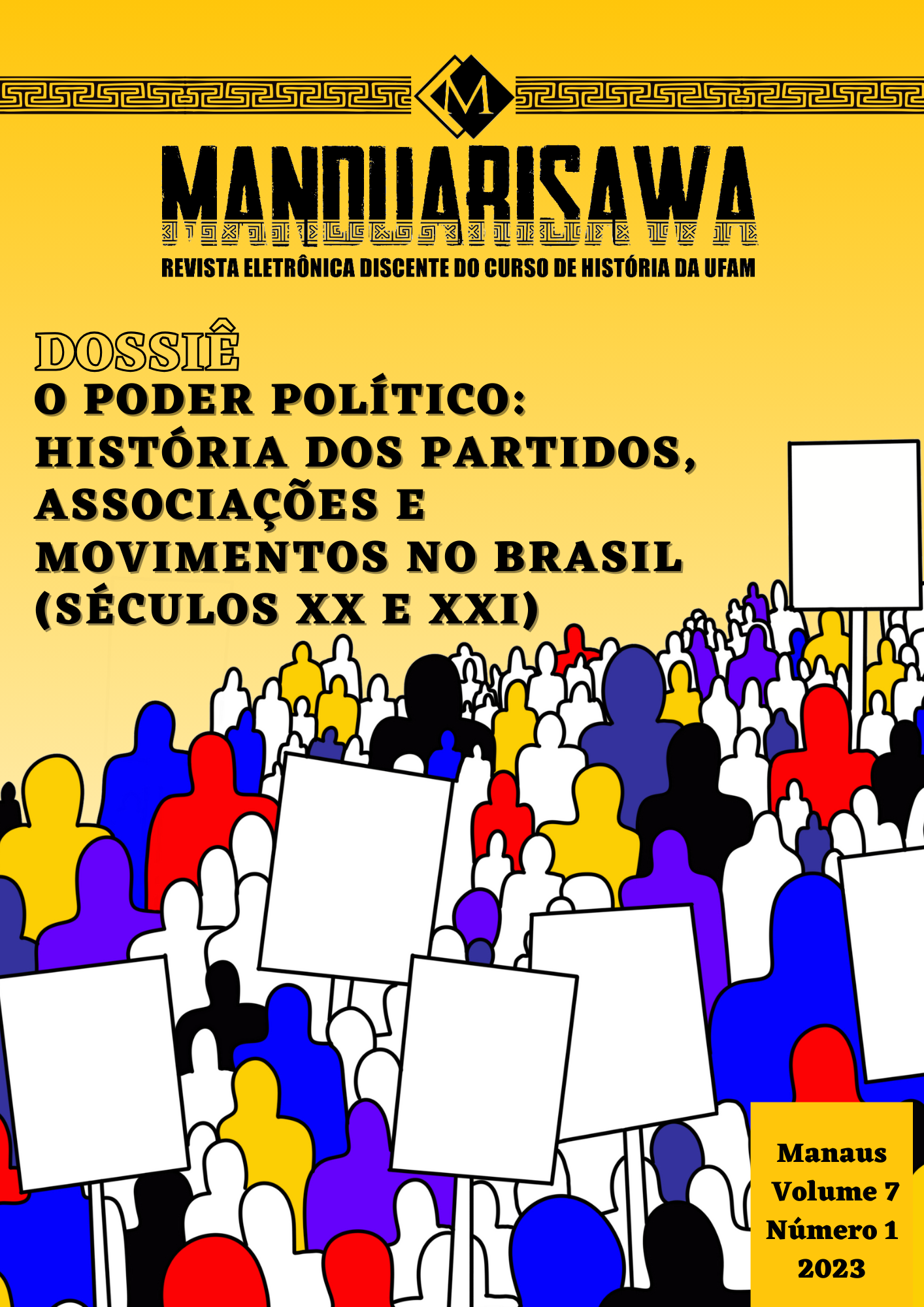From Peter to Plínio
the political conception of Plínio Salgado's Estado Integral and the Social Doctrine of the Catholic Church
Abstract
Plínio Salgado (1895-1975), political activist and founder of the Brazilian Integralist Action, had the influence of many cultural and political ideas and tendencies during the formation of his doctrine, and the historiography has already written much about it. A key-element of the plinian doctrine, thus, was his endless adherence to the Christian Catholic principles. As the Catholic hierarchy has a collection of teachings regarding the socio-political question, entitled Social Doctrine of the Church, the objective of this article was to cross-analyse this ecclesiastical line and Salgado’s political thought, mainly as to the conception of both on the State and its prerogatives. We concluded that the integralist leader unified the totalitarian authoritarianism of Mussolini with the Church’s doctrine in a way as to create a contradictory ideology, with elements that are incompatible amongst themselves. In order to investigate the plinian doctrine, we use Trindade (1979); meanwhile, the approach of the Catholic social doctrine derives from Faux (2019) and Ávila’s Encyclopedia (1993).






